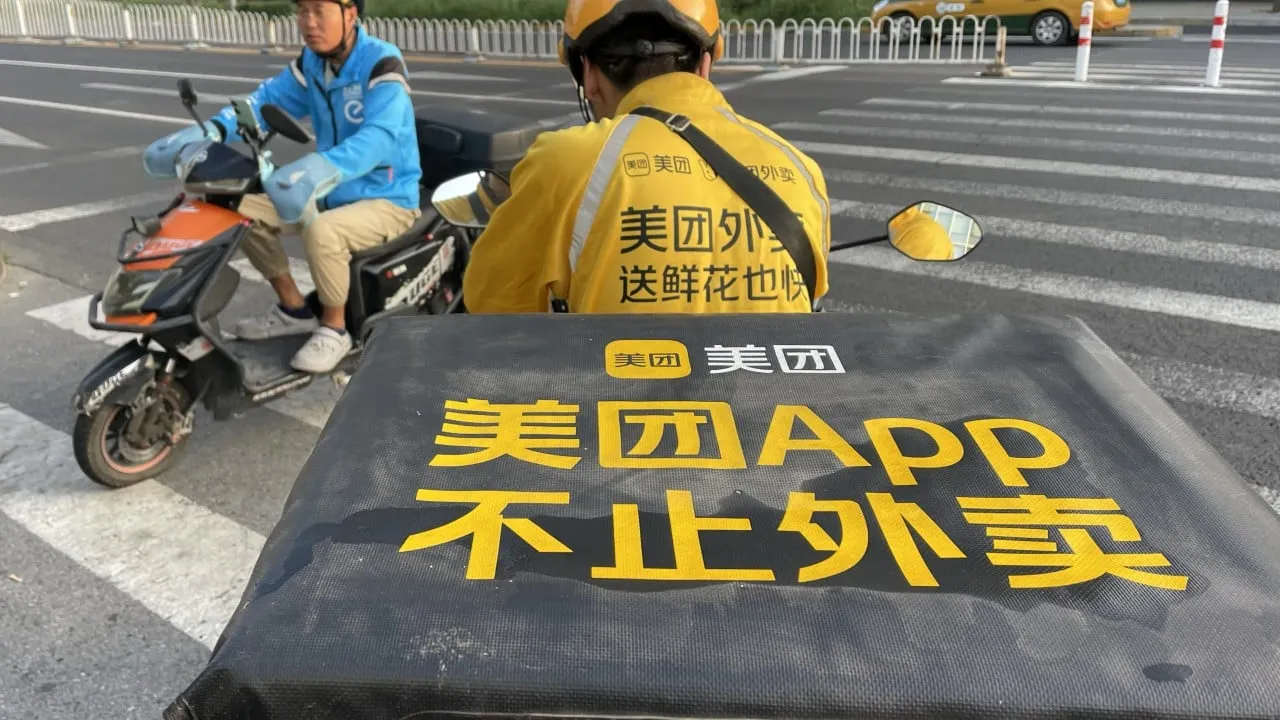Economic Slowdown Drives Cyberspace Administration Actions on Delivery Workers' Fatigue Management

Evolving Safety Measures Amid Economic Challenges
With the economic slowdown impacting the gig economy, Meituan and Ele.me, China's leading food delivery services, are taking steps to protect their couriers from fatigue. Meituan has introduced a "fatigue management" system that actively monitors working hours and prompts breaks to prevent exhaustion.
Implementation of Fatigue Management Systems
The new features alert riders who exceed long hours of work, typically over 12 hours, necessitating enforced breaks. Meituan staff intervene by sending reminders and can log out couriers if they ignore warnings.
- Ele.me has adopted a similar system, prompting riders to pause their work.
- Both platforms are responding to feedback to continuously improve these measures.
Impact of Economic Environment
The ongoing economic slowdown has led many to the gig economy. According to the National Bureau of Statistics, the number of gig workers has soared to approximately 200 million in China, accounting for around 23% of the workforce. This surge raises questions about worker rights and safety as these individuals rely heavily on such flexible jobs.
- Availability of social insurance for gig workers remains a pressing concern.
- A tragic incident involving a delivery driver has sparked public outcry over working conditions.
Amid these crucial changes, the Cyberspace Administration and other regulatory bodies are adjusting guidelines to ensure the safety and welfare of workers within China’s complicated economic landscape.
This article was prepared using information from open sources in accordance with the principles of Ethical Policy. The editorial team is not responsible for absolute accuracy, as it relies on data from the sources referenced.